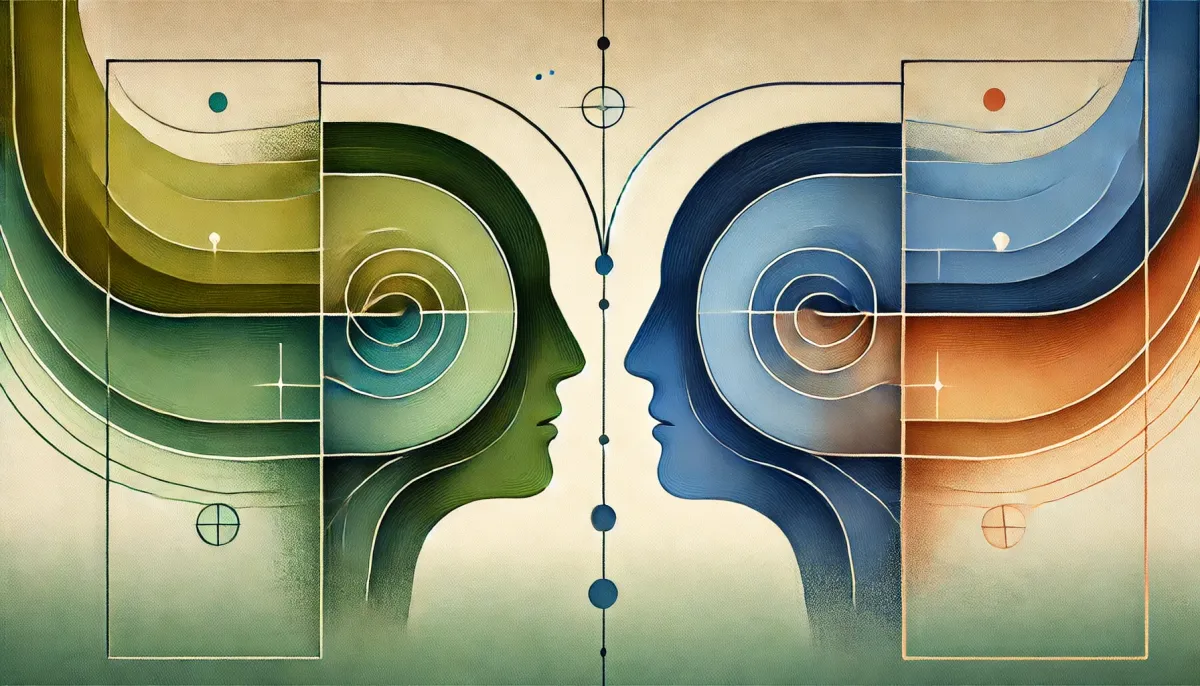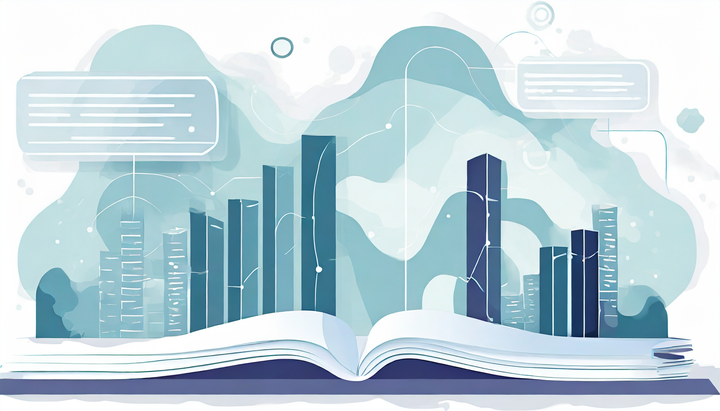Framing & The Importance of Context
Calling out framing and the linked cognitive bias called framing effect as inherent parts of communication.

You're probably not going to be drawn to buy a product that advertises "40% more injected air than our competitor!" But the sales of Halo Top ice cream indicate that people are definitely a fan of 40% more injected air 1.
The key is that (of course) they don't frame their product that way. Instead, they tell you "X% fewer calories per cup as compared to our competitor!" Both of the facts are completely true about the product and highly related (they also use sugar substitutes to lower the calories).
It should be pretty obvious which is a better marketing message. This is an example of the framing effect.
Framing & Framing Effects
Framing is what it sounds like - the overall way you structured and contextualized information. It's integral to how we communicate with each other in pretty much any form. How many times have you had to ask a friend or co-worker to 'ask a question again but in a different way' because you didn't quite understand to what they were referring?
Inseparable from framing is framing effect, the name for a form of cognitive bias, in which people interpret information or make choices differently based upon the negative ("more air!") or positive ("less calories!") framing of the topic.
Once you start looking, you see these framing effects are everywhere.
- A new drug that can cure 70% of patients. Framing this information as “30% of patients will not be cured” could discourage its usage compared to saying “70% will be cured.”
- A graph showcasing increasing CO2 levels over the last decade is likely to be ignored. However, if paired with a timeline of natural disasters in the same period, the same data could evoke a more urgent response.
- Election maps are typically colored by area to show which candidate won which region, which doesn’t align at all with population density. There is a big difference in showing a geographic area versus showing a cartogram (where the size of each region is adjusted based on population).
Prospect Theory (Losing is worse than Gaining)
An extension of the framing effect is that humans generally perceive losing something as a more significant outcome than gaining something.
The theory posits that individuals evaluate potential losses and gains differently, leading to decisions that deviate from those predicted by classical economic theory. This means that all things being equal, most people think losing something is worse than gaining something.
We can think of Prospect Theory in a thought experiment:
- Option 1: You get a guaranteed payout of $900
- Option 2: You roll a 10-sided die which has a 90% payout of $1,000 but a 10% payout of $0
Classical economic theory says that it's obvious that everyone should pick Option 2. It mathematically has the best overall outcome in multiple trials, after all! But because of loss aversion, we find that most people would prefer the guaranteed $900 payout rather than even the smallest risk of losing out on any cash.
You can continue down this rabbit hole in psychology and economic theory by reading about:
- the endowment effect (the cognitive bias where people assign a higher value to items they own compared to equal items they do not own, often leading to reluctance to trade or sell the item – see: the problem you have giving that decades-old shirt to the charity shop) or
- the Ikea effect (the cognitive bias where people place higher value on items you made or assembled themselves compared to items that are pre-made or made by someone else.)
- the value function of prospect theory, which indicates that people are risk-averse for gains ("concave value function) and risk-seeking for losses ("convex value function). This is just academic speak to say that the pain of losing something is psychologically about twice as powerful as the pleasure of gaining something.
I may touch on these ideas at some point, but for now, suffice to say there are several whole academic departments with dozens if not hundreds of journals trying to make sense of precisely how framing effects change outcomes.
But for now, its important to at least know that these ideas are inexorable from you explaining your point in a report or a presentation.
Using Framing (As Ethically as Possible)
At the end of the day, framing effects are unavoidable. Because,
- You have to frame your thesis in some way, otherwise its just data floating in the air with no context.
- There is no way to frame a thesis without adding in some level of bias.
A well-framed report or presentation can inspire action, while a poorly framed one might be dismissed. It's the difference between a successful pitch and a missed opportunity. The framing effect isn't just some psychological curiosity – it's a powerful tool that can significantly impact how your message is received.
Embrace the reality that framing is an inherent part of communication. You can't avoid it, so use it wisely and effectively. Craft your messages with intention, considering the impact of your word choices, visuals, and overall narrative.
1. I am one of those people. I enjoy the stuff; its quite tasty.
A pint of Halo Top weighs 256g compared to a pint of Ben & Jerry's 428g. There is approximately an extra 3/4 of a cup of air in every pint of Halo Top. This helps make Halo Top lower in calories by volume, but not by weight. https://www.mashed.com/109187/untold-truth-halo-top-ice-cream/


